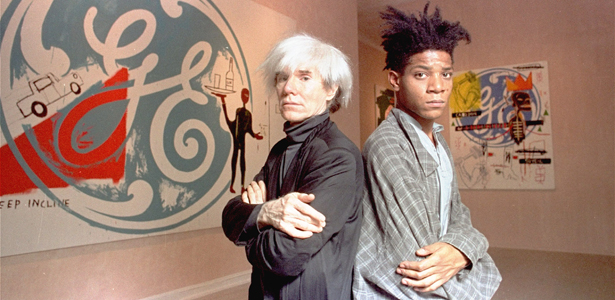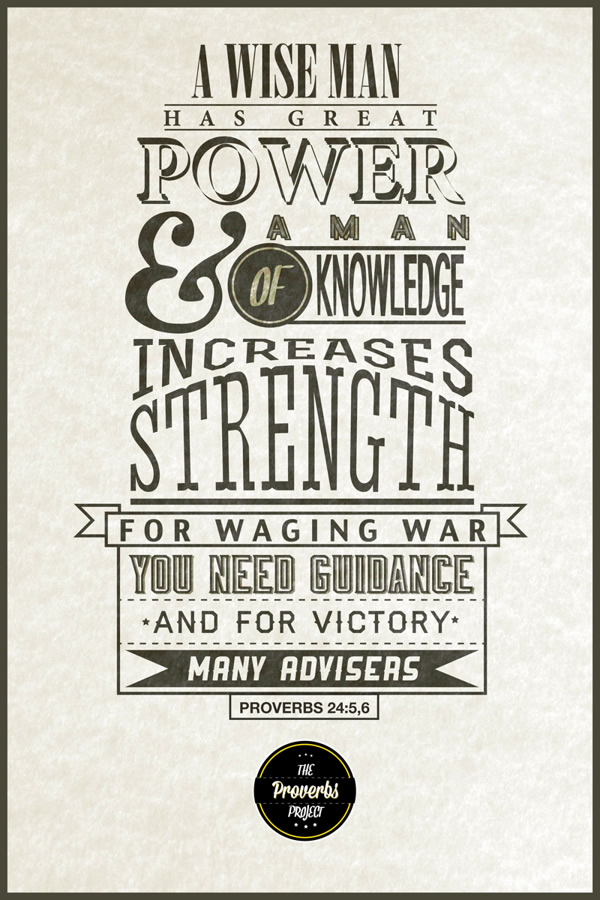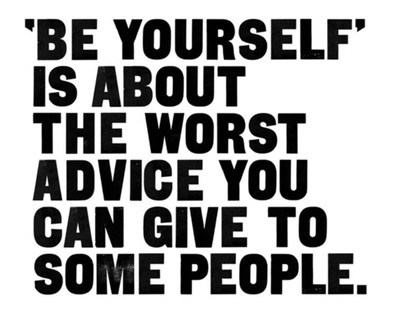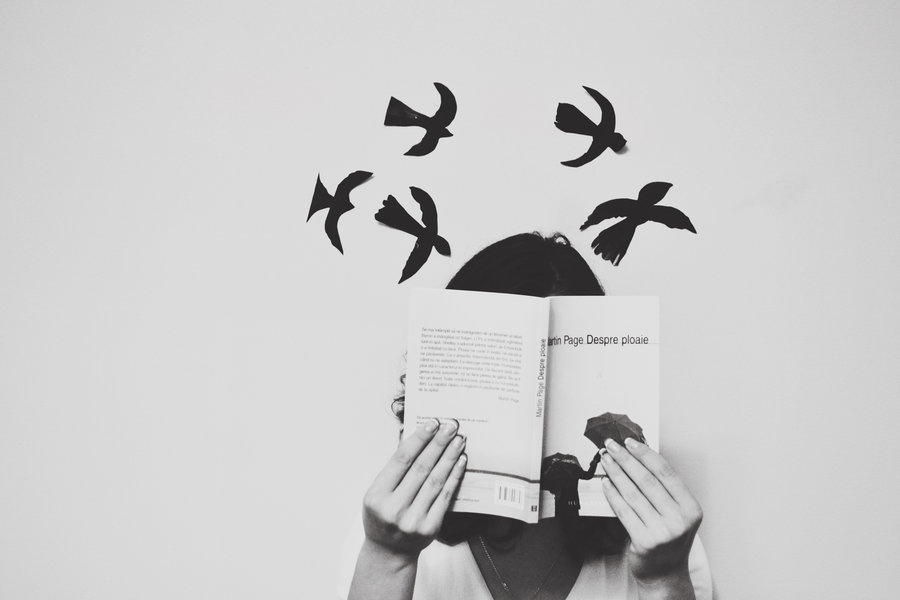Creative Teams – What 7 elements do they all share?
eat creative teams -- what do they all have in common? What can we learn from them? Keith Sawyer got his PhD studying under Mihaly Csikszentmihalyi -- the researcher who coined the idea of Flow. Sawyer looked at how creativity came about in collaborations vs. individuals. He analyzed jazz ensembles, improv comedy groups and other great creative teams to see what worked. What did he find? Via Group Genius: The Creative Power of Collaboration: 1. Innovation Emerges over Time No single…
4 minutes
Are nice people more likely to win a Nobel prize?
at's it take to win a Nobel prize? How about "being nice"? The other day I posted the research for and against "nice guys finish last." Turns out there's one more area where being good pays off. How do we know? Researchers who hog the credit on scientific papers are less likely to win a Nobel prize. Those who give younger academics a bit of the spotlight are more likely to have a trip to Stockholm in their future. Via The…
3 minutes
Six quick and easy ways to boost your creativity:
e WSJ has a piece that discusses six research-backed ways to provoke an "AHA!" moment. I'll link out to more information on each. What do most of the techniques share in common? Stepping back from the problem in one way or another. I've posted before about how distance helps creativity. 1) Do Routine Tasks "Walking away from a problem to do simple, routine tasks, and letting the mind wander in the process, can spark creative new connections or approaches…
2 minutes
4 things that will make you more motivated, happy and creative at work:
rvard's Teresa Amabile gave office workers something very simple: diaries. Then she reviewed their ups and downs and drew connections. What she learned was extraordinary. She described the study in her book The Progress Principle: Using Small Wins to Ignite Joy, Engagement, and Creativity at Work. Here are four of the biggest things she learned: 1) Progress Motivates You More Than Anything Else Nothing is more motivating than progress in meaningful work and nothing more taxing than setbacks. Via The Progress Principle: Using…
5 minutes
9 Expert Insights That Will Make You Productive, Successful And Smart
pert Tip #1: How To Be More Creative Your first idea is rarely the best. Always keep pushing and generate more possibilities. Advice from Andrew Goldberg, writer on Family Guy: I’m a big fan of writing "alts" (versions). If I come to a joke spot, even if I’m working on my own stuff, I’ll often write three or four or five different alts, and then I’ll show it to friends, show it to my wife, show it to my manager, show…
7 minutes
Howard Suber Of UCLA Film School Explains How To Tell A Story
bsp; Howard Suber is one of my mentors. He founded the graduate program I was in at UCLA and has taught literally thousands of students about the power of film and narrative structure. From his bio at UCLA: During his 40 years on the UCLA faculty, Howard Suber helped establish and also chaired the UCLA Film Archive, the Critical Studies and Ph.D. Programs, and the UCLA Producers Program. He is a former Associate Dean, recipient of UCLA’s Distinguished Teaching Award, and has been…
5 minutes
Five Simple Things That Will Make Your Life Better
bsp; 1) Want to be happy? It's more about perspective than anything else. Write down three good things that happen to you every day. Via Flourish: A Visionary New Understanding of Happiness and Well-being: Every night for the next week, set aside ten minutes before you go to sleep. Write down three things that went well today and why they went well. You may use a journal or your computer to write about the events, but it is important that you…
3 minutes
Does Your Mind Wander? Here’s Why That Can Be Your Greatest Asset
ndering minds are associated with creativity. Popular wisdom tells you to live in the moment. Huh? So is it better to be unfocused or focused? Let's look at the research. The Upside of Mind Wandering You spend up to 8 minutes of every hour daydreaming. Your mind will probably wander for 13% of the time it takes you to read this post. Some of us spend 30-40% of our time daydreaming. Via The Science of Sin: The Psychology of the…
4 minutes








